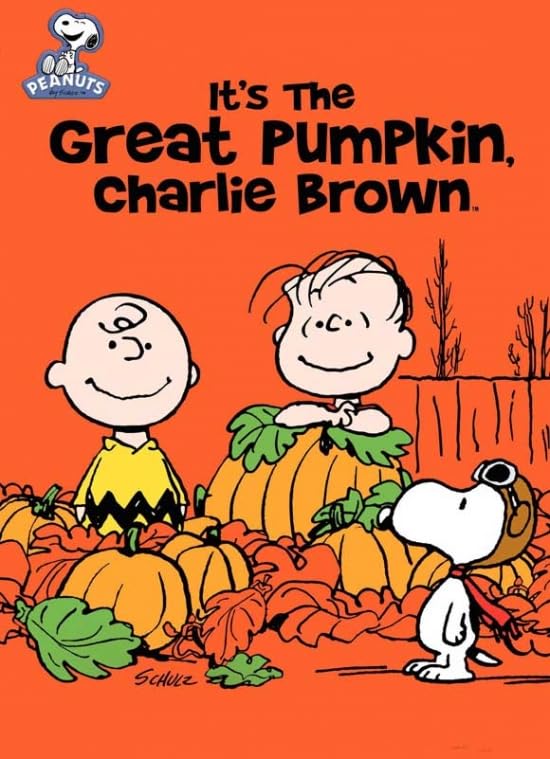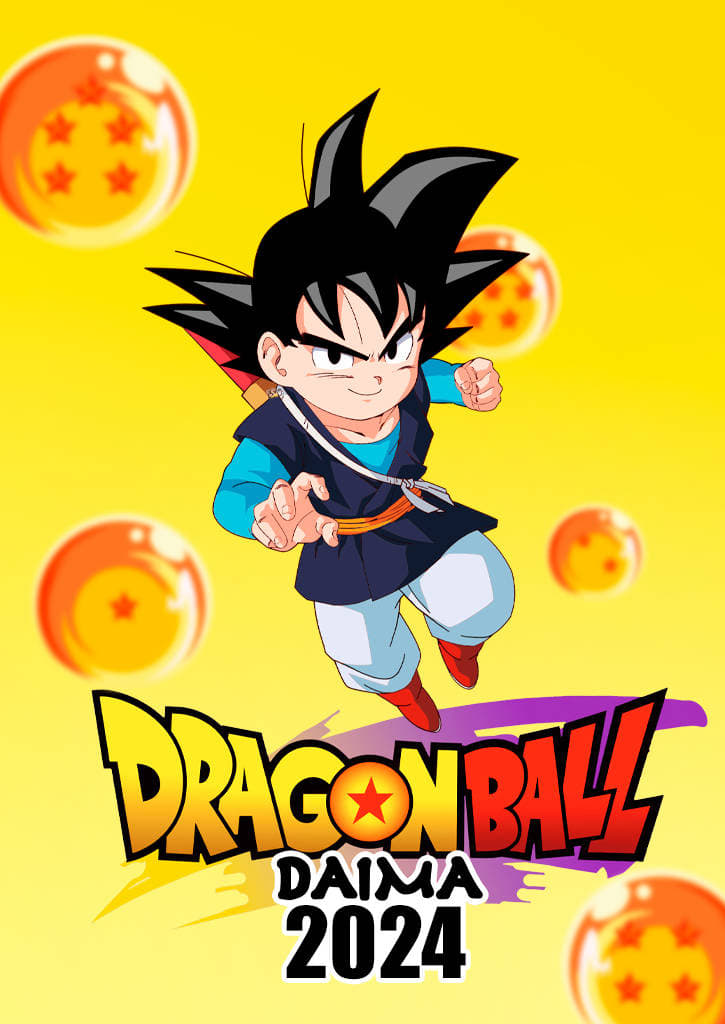“Great Art Direction, Not So Great Execution”

| None | Light | Moderate | Heavy | |
|---|---|---|---|---|
| Language | ||||
| Violence | ||||
| Sex | ||||
| Nudity |
What You Need To Know:
The opening episodes of DRAGON BALL DAIMA offer a conflicting experience. They have kinetic fight scenes and excellent direction, yet moments of dead air and dry exposition burden the writing. A strong Christian-adjacent slant emphasizes loyalty, teamwork, and a hopeful attitude against impossible odds. Viewers should be aware of its over-the-top violence, a scantily clad female demon, and the heavy paganistic imagery. As a result, MOVIEGUIDE recommends major caution for teenagers and young adults.
Content:
A strong positive worldview with Christian and pagan elements, the universe is inhabited by supernatural dragons and creatures from Japanese folklore, the good guys value friendship and defending the planet from hostile aliens, the main character embraces an upbeat attitude and helping his friends, the heroes redeem a major villain from a previous Dragon Ball series, the characters fight over the magical “Dragon Ball” stones, and the heroes trek through a hostile demon planet to save their best friend;
In the English subtitles, the characters exclaim “hell” and “damn.”;
Strong martial arts violence throughout, the heroes and villains engage in fist fights in the air and the ground, a boy beats up a bar of demons with his fighting stick, the heroes battle demon soldiers on a planet far away from Earth, and no blood is shown;
No sex;
A female demon wears a revealing dress with cleavage. Otherwise, no nudity;
The heroes drink wine during a major celebration in episode one;
No smoking or drugs; and,
The main character calls an interplanetary transport portal a “giant goldfish,” a demon ally threatens the life of an innkeeper, and the main villain kidnaps the hero’s best friend as leverage for his plan.
More Detail:
In episode one, “Conspiracy,” Gomah and his advisor, Degesu, study archival footage of Goku’s greatest battles. King Gomah intends to rule the Demon Realm with unchecked power but fears that Goku and his pals will stand in his way. The demonic duo travel to Earth, retrieve the seven Dragon Balls, and make a wish: to transform our adult-sized heroes into permanent school children. Gomah kidnaps Goku’s friend Dende as a consolation prize and escapes into the Demon Realm.
Episode one is a solid start to the season. The story does a great job of getting new viewers up to speed regarding the backstory of the previous DB series. The villains have great banter. The series has beautiful art direction and a fantastic opening theme song.
Yet, there are two significant downsides. There are “juvenile fart” jokes between the villains. Moreover, the villains’ cursing of the heroes is way too “easy.” Gomah activates a magic spell to instantly grab the Dragon Balls worldwide and use their energy in one try. In a series where obtaining these “balls” takes immense effort, this decision destroys some of the tension.
In episode two, “Glorio,” Goku and his pint-sized friends discover Dende’s absence. The Team hatches a plan to track King Gomah from across the universe. Suddenly, Glorio, a hard-boiled mercenary from the Demon Realm, makes an impromptu landing on Earth. Glorio offers Goku a trip through space, claiming to know the rough location of Gomah’s hideout. Goku’s friends are skeptical, citing that Glorio came to their home planet without warning. But with no other choice, the Team accepts Glorio’s offer.
Episode two has pacing issues but best exemplifies DAIMA’s worldview. DAIMA features pagan imagery such as dragons, demonic aliens, and magical entities from Japanese folklore. However, the main hero, Goku, exhibits several Christian-adjacent virtues. Goku is an excitable young man who values hard work, determination, and helping out his friends. He and his friends have mighty “Super Saiyan” forms but only use those powers for good. Goku is a goofball but always willing to do the right thing.
In episode three, Goku, his alien friend Supreme Kai, and Glorio travel hundreds of light years to the Demon Realm galaxy. The trio crashlands on the Third Demon World, a sprawling desert with hostile aliens. Our heroes get into a bar fight with the local stragglers. The following day, the crew finds their spaceship stolen.
Episode three offers the best and worst aspects of DAIMA. The art direction is colorful and vibrant and best reflects the intricacies of Toriyama’s original manga. The bar fight between Goku and the space demons is also great. It’s kinetic, has great storyboarding, and best showcases Goku’s swift fighting skills. There is intense martial arts fantasy violence but no blood or gore.
However, DAIMA overplayed its hand with its lack of character development. The characters remain static in these three episodes. Moreover, there is a lot of “dead air” with the Team roaming the Demon World desert without much intrigue. The show tries to make up for the humor between Kid Goku and Glorio. Goku acts like a silly boy who doesn’t take things seriously, while Glorio gets increasingly annoyed. Goku’s high-pitched “child” voice resembles hearing nails on a chalkboard.
The opening episodes of DRAGON BALL DAIMA offer a conflicting experience. They have kinetic fight scenes and excellent direction, yet moments of dead air and dry exposition burden the writing. A strong Christian-adjacent slant emphasizes loyalty, teamwork, and a hopeful attitude against impossible odds. Viewers should be aware of its over-the-top violence, a scantily clad female demon, and the heavy paganistic imagery. As a result, MOVIEGUIDE recommends major caution for teenagers and young adults.


 - Content:
- Content: 

